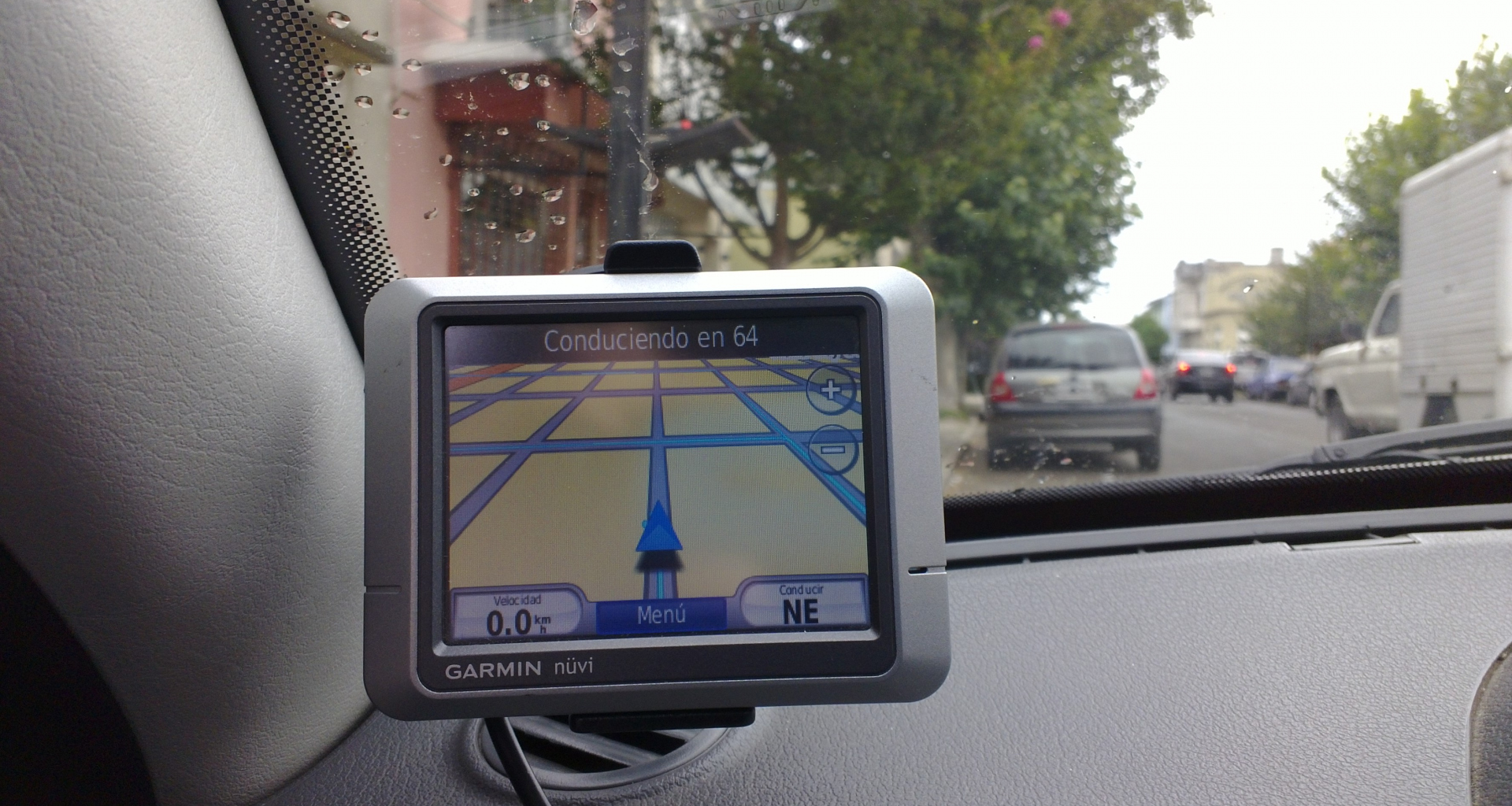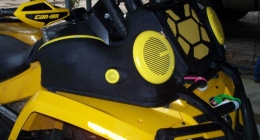Today in the shops and on the Internet you can find a lot of various information about the differences between GPS-navigators. A large assortment of these devices on the market is capable of confusing even those, who understand technique well. How should we choose the right GPS navigator? What parameters should you pay attention to? These questions can be answered in this article.
If you have read the description, characteristics or reviews on sites dedicated to GPS navigation, you may have noticed the existence of a variety of navigation programs on which the devices operate. Therefore, the first thing you should pay your attention to when choosing a GPS navigation device is just its program, which is your personal atlas. It is simple: the clearer and more convenient the program, the more detailed its map, the easier it will be for you to get to your destination point and navigate the terrain. Moreover, when you are renting car abroad, for example when using the LaGuardia rental car services, you need to be confident on the route, you choose.
Operating principle
For a start, it is worth at least to get acquainted with the principle of operation of a conventional GPS navigator in general terms. In order for the streets and a triangle, moving along them, indicating your location, to appear on the screen, you need at least two things – the coordinates of the point where you are (longitude, latitude and height) and the corresponding map of the area.

To determine the coordinates, the Global Positioning System (GPS) is used, consisting of a group of navigation satellites, which are situated on the Earth orbit. Using the antenna, the navigator receives special signals from them and, based on the data received, calculates the current location. At the same time, at least four of the satellites must be visible for the navigator (three, if only longitude and latitude are to be determined). That is the reason, why the accuracy of the position depends not only on the technical characteristics of the navigator (antenna quality, receiver sensitivity, calculation algorithms, etc.), but also on the nature of the terrain. In a tunnel, covered parking, or on a narrow street with large apartment houses, the signal just does not reach your navigator. The signal strength depends even on the weather (the signal fades in cloudy weather and during rain).
Main selection criteria
Like any other modern electronic device, the navigator has a long list of features and technical characteristics. However, the most important of them for the comfort of operation are only these six criteria:
- Screen size – this parameter determines the overall usability of the navigator, and affects immediately two characteristics: the comfort of viewing information and the size / weight of the entire device.
- If you do not plan to watch movies and connect a rear-view camera, take a navigator without Bluetooth and AV input on Windows CE with a processor of at least 800 MHz. Bluetooth is needed in the navigator to synchronize the phone with the navigator. It loads the phonebook memory of the phone in the navigator and you can talk through the navigator on the speakerphone (hands free);
- In case you have a light vehicle, a 5-inch navigator is enough to not obstruct the view, but if you have a truck or bus, you should take the one with 6 – 7 inches;
- In case you want a navigator with an anti-radar, please note that in some countries they are prohibited and there is a large fine for detecting them;
- If you decide to take a navigator with a recorder, then pay attention to the viewing angle, it should be at least 150% and be sure to watch how night and day videos are shoot;
- If you take a navigator to travel around Europe, then you should take a navigator with the iGO Primo navigation program. The maps in this program should be from NAVTEQ.

In order not to be trapped in the most crucial moment and to get to the right place, it is important to know how to choose a GPS navigator. This question becomes a whole dilemma, because almost every device model has both beneficial and negative qualities, and it is important to find the best option. Properly selected GPS navigation device is a guarantee of convenience and time saving. Such a device will become a reliable assistant in unfamiliar areas and will allow you to quickly get to the point of destination.










